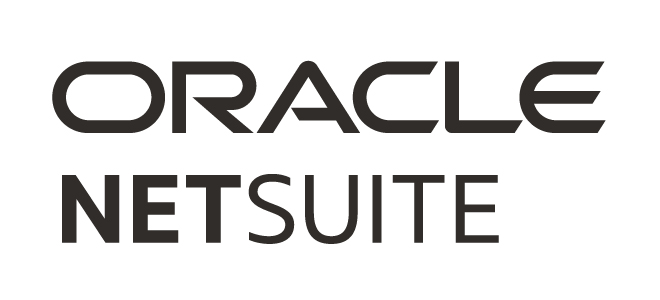
Every business starts from a different position and adopts Accounting Process Automation (APA) at its own pace. Some companies will choose to automate many processes at once while others will proceed more systematically, automating one task at a time in order of priority. Here are seven accounting tasks that every company can start to automate today.
1. Accounts payable.
Automating AP simplifies payment processes across the board. It helps accounting teams better track invoice due dates and ensures the on-time payment of vendor bills. What’s more, APA minimizes the risk of fraudulent invoices slipping by, flagging any the system deems suspicious or otherwise problematic.
2. Accounts receivable.
Automating AR helps companies manage their cash flow, improve invoice accuracy and reduce processing costs significantly. Opportunities to automate exist throughout the AR process, from scheduling invoices to be sent to the collection of past-due payments.
3. Payroll.
Manual payroll is a major time drain for companies with limited accounting resources, especially as they grow and the demands on their accounting teams increase. Automating payroll processes helps to ensure employees are paid on time and that an overworked team never misses filing any important payroll forms.
4. Month-end financial closes.
The month-end financial close process is an essential business task, but it also can be one of the most stressful for finance teams. Accountants are under growing pressure to complete their monthly closes more quickly, which inevitably leads to rushed processes and questions around the validity of end-of-month results. Automation of the monthly close alleviates many of these pressures around speed and data accuracy, helping accounting teams deliver faster results without sacrificing quality.
5. Procurement.
The procurement of goods and services from external suppliers has traditionally involved a great deal of paperwork, all of which must be reviewed and processed manually by multiple stakeholders. By automating procurement processes like purchase order management, companies can cut significant time and cost from their procurement process without sacrificing the integrity of their processes or affecting their supplier relationships.
6. Expense reports.
Expense reports are a necessary evil. At many companies, employees still need to print their expense reports as spreadsheets, staple receipts to forms manually and submit the whole package to accounting for approval. Automated expense reports allow employees to digitally fill out and share their expenses with accounting, reducing the administrative burden and paper pileup for all parties.
7. Sales order process.
A clear sales order process is the key to ensuring customer orders are completed and shipped on time at the right price. Automation software allows businesses to codify every step of their sales order processes, ensuring they consistently meet customer expectations.
For more information about how Oracle NetSuite’s Financial Management solution can facilitate the automation of your accounting processes, CONTACT our Smart Technologies expert Massimo Avellino at massimo.avellino@stl.com.mt.